Another age-old question shrouded in mystery, is store-bought shredded cheese gluten-free? It's a common myth found online that shredded cheeses are not gluten-free. I've done some research on the topic and it's time to put this myth to the test!

Jump to:
The Shredded Cheese Myth
I've seen it in the Facebook groups and I've talked to family members and friends about it. The myth is that store-bought shredded cheese is coated in flour to prevent clumping. Well, is it? Let's find out! (Spoiler alert: it's not.)
Debunking the Myth
To debunk this myth, let's go straight to the source, the lists of ingredients! In the U.S. the top brands of shredded cheeses are as follows, Private Label (store-brand), Kraft, Sargento, Crystal Farms, and Tillamook. Followed by Borden, Belgioioso, and Cabot. I went to the website of each brand to look at the ingredients on each type of shredded cheese. I also searched for gluten-free statements about their products in general or their labeling practices. You can often find this info on a FAQ page.
Kraft
I sifted through all of Kraft's shredded cheese products. Every one uses either cellulose powder or modified cornstarch as an anti-caking agent. According to Kraft, the company labels for all sources of gluten above 10ppm, which means if an ingredient was sourced from wheat, they would state that on the label. None of their labels on shredded cheese claim wheat so rest assured, Kraft shredded cheese is gluten-free.
Sargento
Sargento's shredded cheese products use potato starch and powdered cellulose to prevent caking. According to their FAQ's page, all of their natural cheeses are gluten-free and "neither of [the] anti-caking agents [are] derived from wheat, rye, oats, barley, or their cross-bred hybrids." So good news! Sargento cheese is also gluten-free.
Crystal Farms
Crystal Farms shredded cheeses use potato starch and powdered cellulose for anti-caking. The company also states on its website that all of their cheeses are gluten-free.
Tillamook
Tillamook uses potato starch to prevent caking. The company states that all of their cheeses are gluten-free.
Borden
The Borden website does not have much information regarding ingredients or gluten-free claims so I emailed their customer service. This is their reply, "the anti-caking agents used are Potato Starch, Corn Starch, Powdered Cellulose, or Calcium Sulfate. These agents are food grade, gluten-free and are used at low measurements to keep our shredded cheese free flowing."
Cabot
According to the FAQ page, all of Cabot's shredded cheeses are gluten-free. They even go so far to state that they have researched their products to be gluten-free and are produced in a gluten-free environment.
Belgioioso
Belgioioso uses cellulose powder and according to their website, their cheeses are gluten-free.
Private Label
There is not much information readily available from private label companies about their sourcing and labeling practices. Listed below are the anti-caking ingredients used by the stores local to me, none of which claim wheat on their labels:
- Walmart/Great Value: Potato Starch and Powdered Cellulose
- Kroger: Potato Starch, Corn Starch, Dextrose and Calcium Sulfate
- Target: Corn Starch, Potato Starch, Cellulose
- Aldi/Happy Farms: Potato starch, Powdered Cellulose, states Gluten-free
While I wish private label brands were more transparent about their ingredients and sources, I am still confident that their cheeses are gluten-free and safe to consume. That being said, in the future I may be more likely to purchase name-brand cheese over private label brands, with the exception of Aldi, because of the added assurance they provide the consumer.
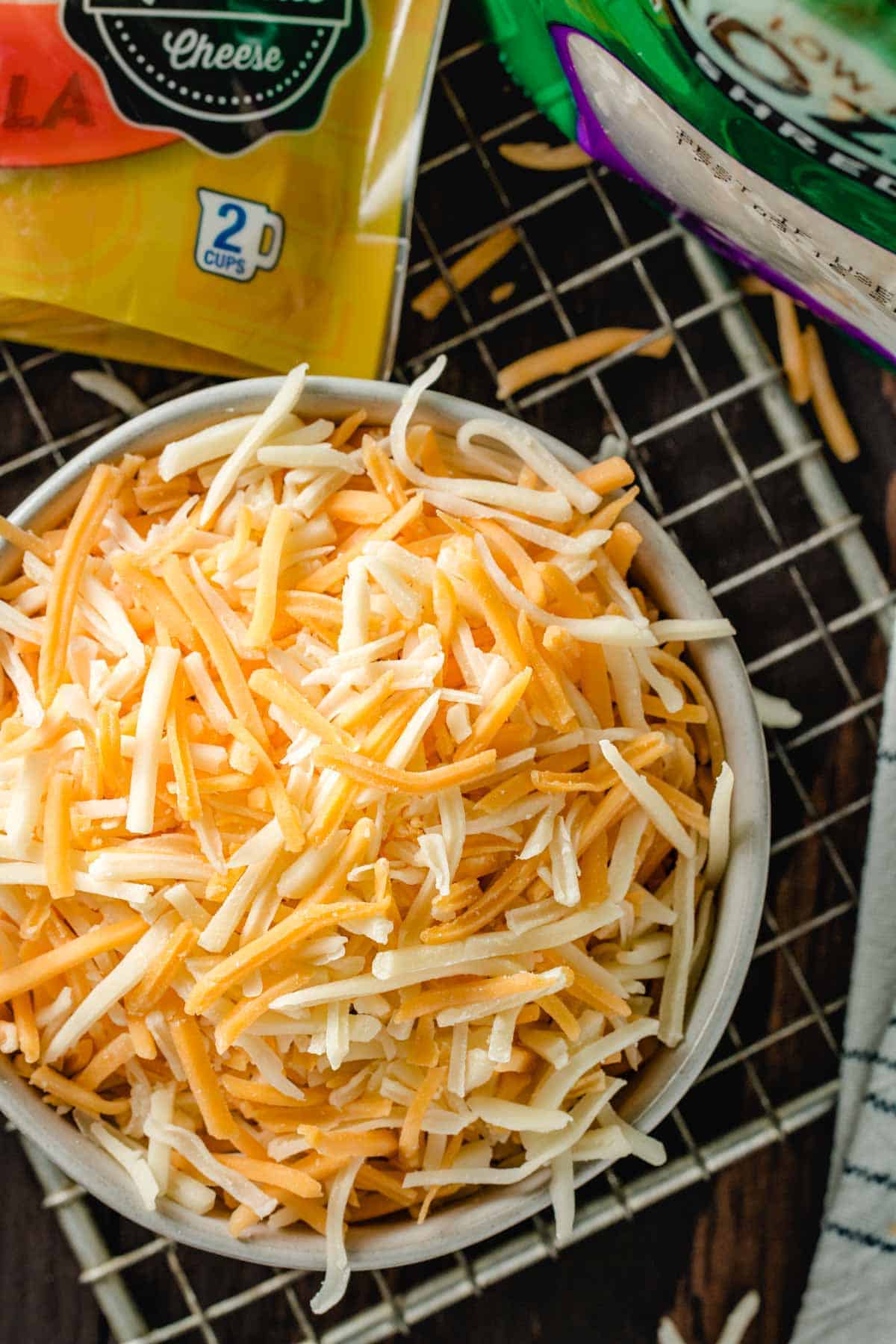
What is Cellulose Powder?
You may notice a common theme among the anti-caking agents listed, cellulose powder. So what exactly is it?
- Cellulose is the most abundant organic compound on earth.
- Cellulose is a fiber found in the cell walls of most plants, including wheat but also wood, cotton, fruits, vegetables, and even algae.
- Cellulose is extracted from plants to produce a white, odorless, and tasteless powder called cellulose powder.
- The powder is used in many foods for a wide array of uses like boosting fiber content, as an anti-caking agent, or as a thickening agent.
The cellulose powder in our food is most likely derived from wood. Wood is used because it is the most cost-effective option. Also, using a food source would be a waste of that food and introduces other barriers to production. Cost truly is the bottom line for manufacturers because to them, cellulose is cellulose, regardless of the source.
So don't be alarmed. Cellulose powder does not contain gluten or even sawdust, it's just cellulose.
Conclusion: Shredded Cheese is Gluten-free.
After all of this research, I feel confident that the standard shredded cheeses available for consumption in the U.S. are gluten-free. (This is obviously barring some malted or beer-laden flavor that my pop up someday.)
This is just another reminder to read labels, visit the company's website, or send them an email. All of the information you need is there. I genuinely believe people in online and Facebook forums are well-intentioned but misinformation is widely and easily spread. Everything you read in those places should be taken with a large grain of salt. In the same amount of time it takes to ask a question in a forum, you could likely find the answers directly from the source.
If after all of this, you are still unsure about cheese or just don't like all the additives, there is always the option of buying a block of cheese and grating it yourself with a box grater or a food processor!
Have any questions or comments?! Leave them down below. Want me to bust some more gluten-free myths? Leave it in the comments!
Gluten-Free Recipes with Shredded Cheese
More Is It Gluten-Free Articles
If you enjoyed this article, check out some more gluten-free resources, like this post on gluten-free everything bagel seasoning, and much more!
Gain access to our FREE exclusive mini-series:
Gluten-Free Baking and Lessons Learned!
Plus, be the first to know about new recipes and exciting announcements!
📩 Sign up for the Mini-Series Here! 📩
Disclaimer: The information in this article is the personal opinion of the author and for educational purposes only. This is not medical or nutritional advice. Please consult a doctor or medical professional before making changes to your diet or regarding any health related decisions. Ingredient information was accurate at the time of posting but should always be verified by the consumer by checking the product ingredient label for the most up to date information.
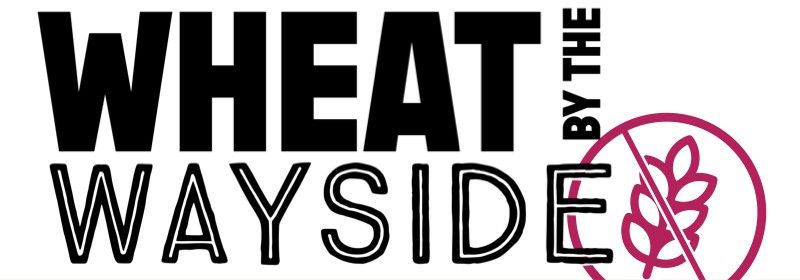

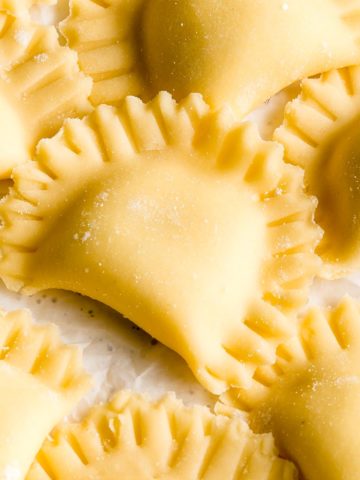

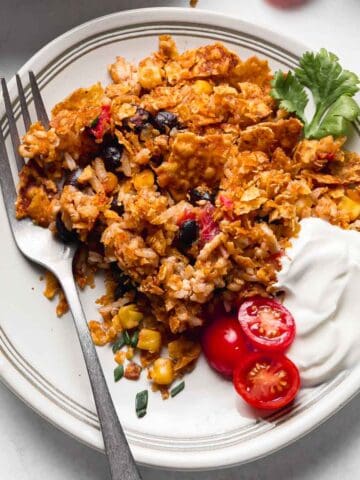
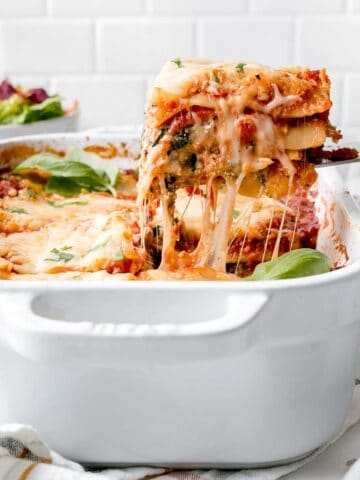
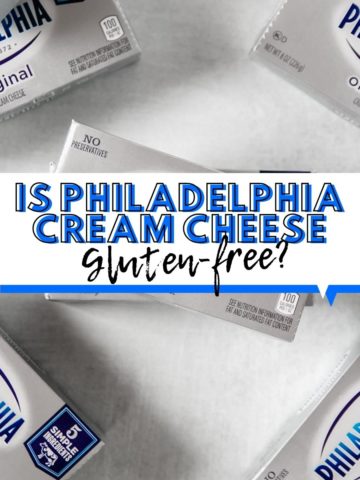
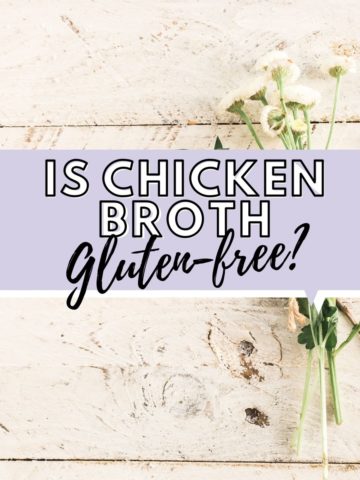
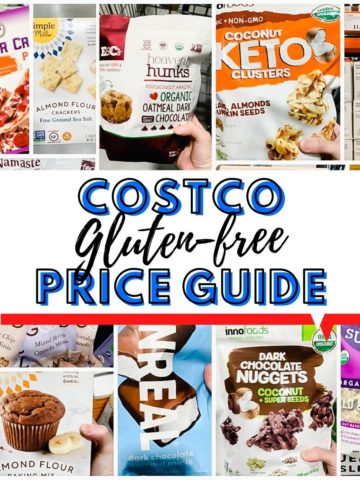
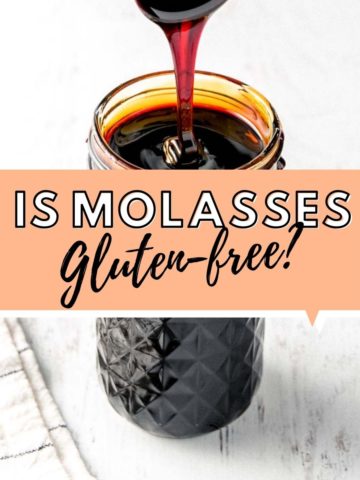
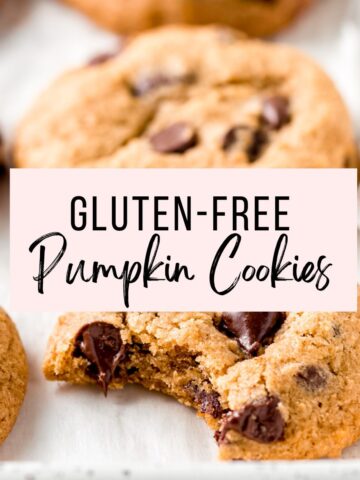
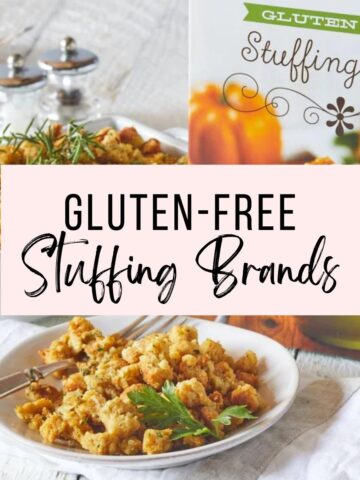
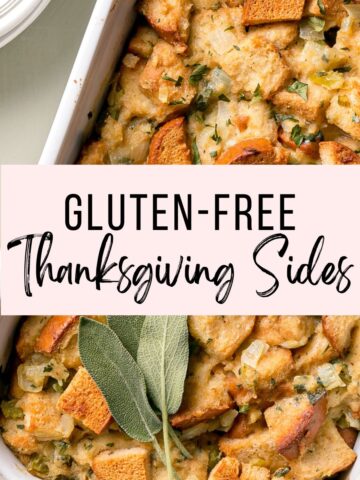

Katie | Wheat by the Wayside
I'm sorry you had that happen. It could be possible your reaction was from something else. I have eaten Kraft singles many times without issue and while that is not 'evidence' that they are gluten-free, I did check out their labeling standards. Kraft does state that they will label for sources of gluten, "Please note our products are produced and labeled in compliance with the FDA. When labeling products, we consider - and label for - all possible sources of the 8 major allergens recognized by the FDA. These are eggs, fish, crustacean, shellfish, milk, peanuts, soy, tree nuts and wheat. Kraft Heinz also labels for additional allergens or substances of interest including celery, mustard, lupin, mollusks, sesame seeds, sunflower seeds, poppyseeds, cottonseed, all sources of gluten, and sulfites in levels over 10 ppm. If any of these substances are added to the product, they will be listed in the Ingredient Statement." See here: https://www.myfoodandfamily.com/faq/how-do-i-obtain-allergen-information-about-your-products?id=7b4702fd-12b6-4caa-9b40-089fca155f24 Currently the label on Kraft singles does not indicate a gluten-containing ingredient or a warning that a gluten-containing ingredient was used.
Ellen Hechler
Thank you for doing the research. This has been a hot topic for many. I sure appreciate all the work that went into this research.
Katie Olesen
Thank you so much for your comment! Just trying to put some good info out there to counteract the not so good.
Kathy
Great post. Very informative! And interesting. I’m glad sawdust isn’t used—that’s what I heard. I always wondered what that white powder was. Now I know.